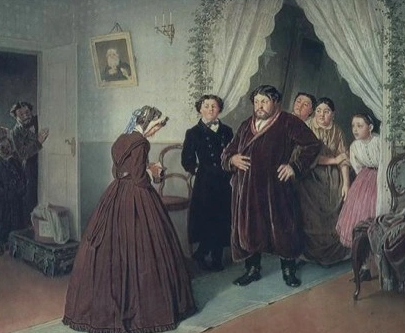Jane Eyre’s Role as a Governess: A Journey of Independence and Growth
The character of Jane Eyre, in Charlotte Brontë’s timeless novel, serves as a poignant reflection on the role of women in the 19th century. As a governess, Jane embodies both the challenges and triumphs faced by women in positions of authority and education. Understanding her role invites readers to explore themes of independence, societal expectation, and personal growth that remain relevant today.
A New Kind of Independence
In the Victorian era, becoming a governess was one of the few respectable professions available to women of limited means. Governesses were tasked with educating children while often navigating complex social hierarchies. Jane Eyre’s position allows her a sense of autonomy that few women of her time enjoyed. By stepping into a role that combines responsibility and authority, she challenges the conventional expectations of women, showcasing her desire for personal freedom and the ability to influence the next generation.
The Struggles of a Governess
Despite the independence her role offers, being a governess comes with its own set of challenges. Jane faces social isolation, limited respect, and the constant struggle for her place within the household of Thornfield Hall. Her status as a governess often leaves her feeling marginalized, as she is neither a servant nor a member of the upper class. This struggle amplifies her inner conflicts, reflecting a broader commentary on women’s roles and their fight for recognition in a patriarchal society.
The Impact on Education and Character Development
Jane’s role as a governess allows her to not only impart knowledge but also to develop her own character. Through her teaching, she instills values of morality, independence, and compassion in her pupil, Adele. This mentor-mentee relationship serves as a mirror for Jane’s own personal growth, as she navigates her feelings of belonging and identity. The dynamics between a governess and her charges provide fertile ground for exploring key themes of loyalty, integrity, and self-discovery, reinforcing that education is not just about academics but also character building.
Conclusion
Jane Eyre’s journey as a governess is a rich tapestry of struggle, independence, and personal growth that resonates with modern readers. By stepping outside the traditional confines of 19th-century womanhood, she inspires us to reflect on our own roles and the broader issues of equality and empowerment. If you’re intrigued by Jane’s story and the social dynamics of her time, I encourage you to delve deeper into the novel and explore how her experiences remain relevant to contemporary discussions about gender and independence.
